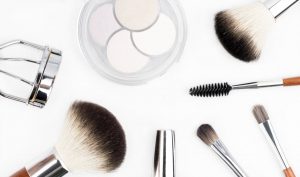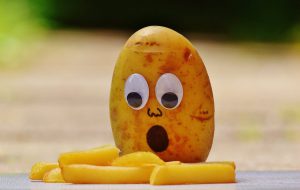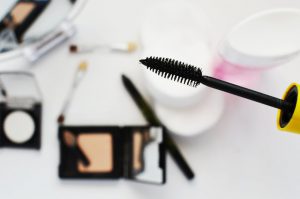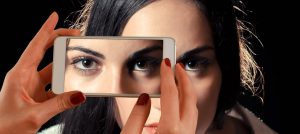You will never find a sick eye in a healthy body. Anything that makes you healthier will help you see better
PhotoSynthesis
Nearly everybody remembers this word from school, it means changing light into energy, and this is the basis of how we all see. The best vegetables to help our eyes are those who spend longer exposed to the sun. The best example of this is the difference between a green grape and a red grape, the red grape is darker because it has been exposed to the sun for longer. This generates the pigments Lutein and Zeaxanthin, these are the two most important “ photosynthesing” in the human eye. The 19th century misunderstanding about “ Carrots” and eyes has persisted in folk memory for a long time. When the inside of our eyes were first seen in the early 1860’s its orange colour made people think that it must be carrots that made it orange. While carrots do contain lots of nutrition there are no photosynthetic pigments as the sun’s rays do not manage to make it underground.
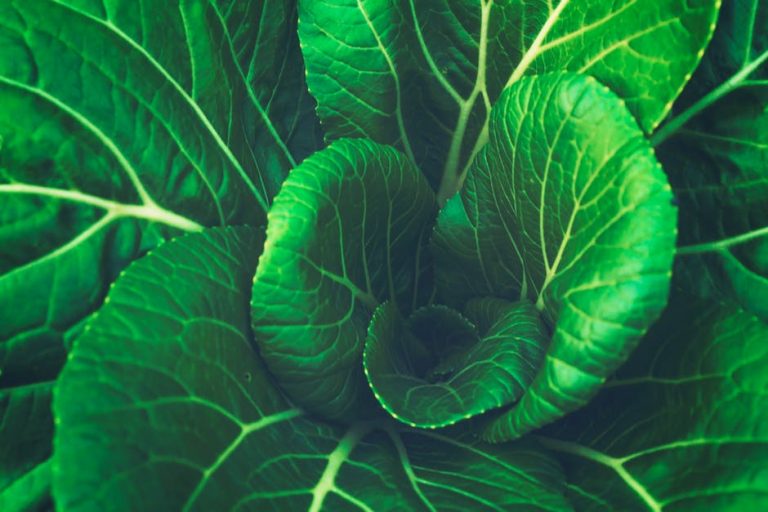
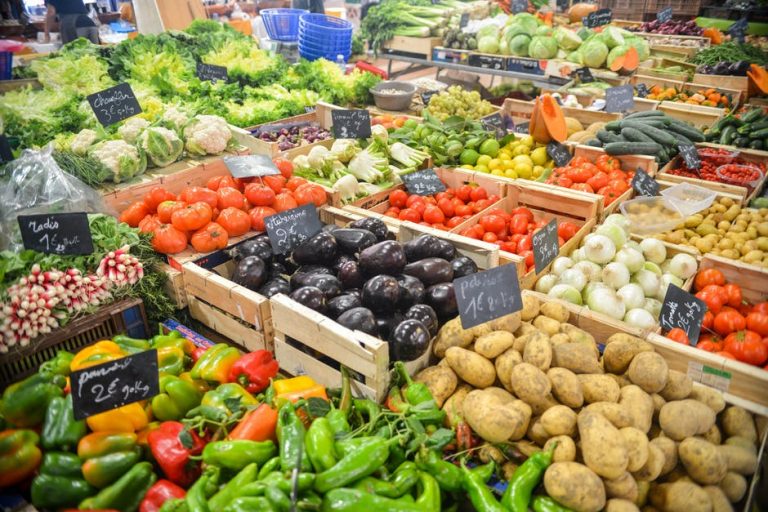
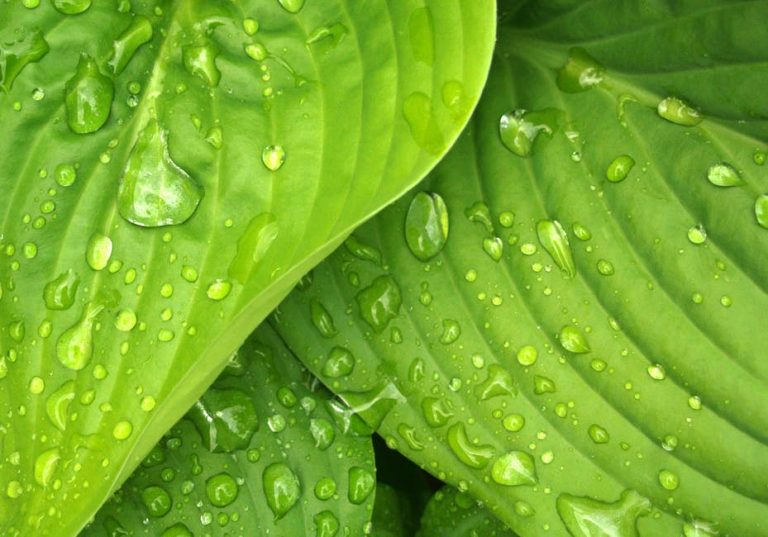
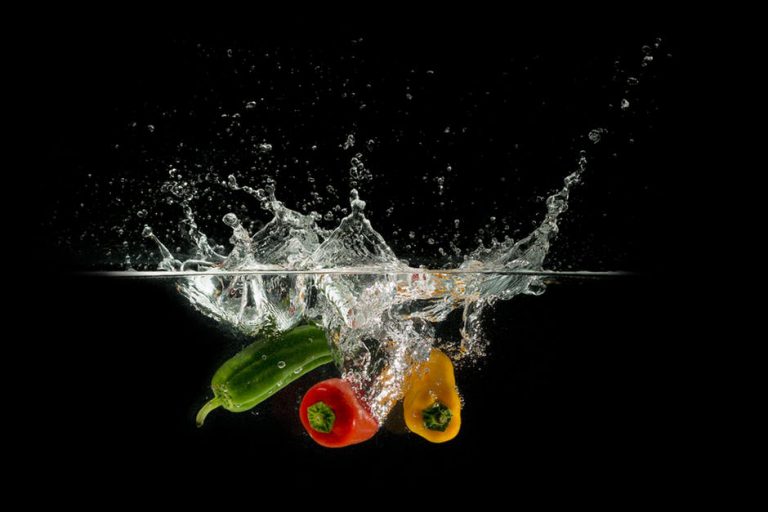
Dry Eye
Our eyes become dry for many reasons, first we must understand why our eyes get dry.
The tear layer that sits next to the air at the very front of our eyes is quite complex. Nearest to our eye is the mucous layer that binds our tears to our eyes, then the watery layer that we are all familiar with, and then at the very front is the oily layer which prevents evaporation of the water and reflects light. So keeping the oily layer in place prevents the eyes from drying out.
The oil in this layer comes from seeds and nuts rather than fish. The mostly commonly used seeds are Flax which is widely available. Oily lubricants are also often used when a quick solution to dry eye is required.
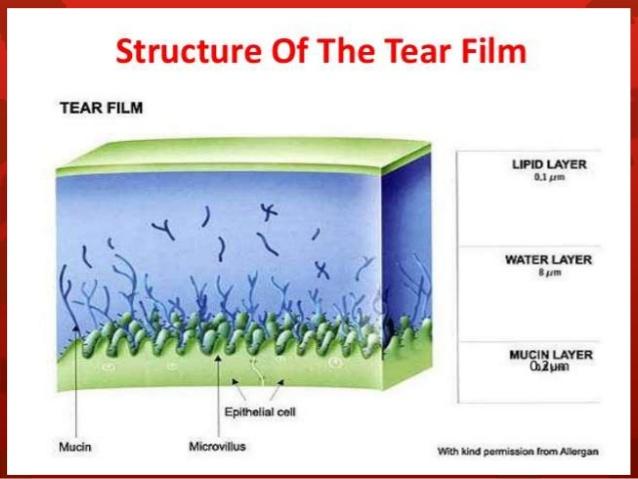
Blood Pressure, Blood Sugar and Blood Lipids
These three together produce about fifty percent of all serious eye problems. To understand why we need to return to where our eyes are and how they are put together. The human eye is positioned well above the heart and at the front of the head so it is poorly positioned to receive blood. Combine this with the very small blood vessels in the eye helps us understand why Pressure, Sugar and Lipids affect the human eye so much. So the control of these three factors influences the speed, consistency and quality of the blood arriving to your eyes. So know what is going on with your blood combined with regular exercise will help us all to see.
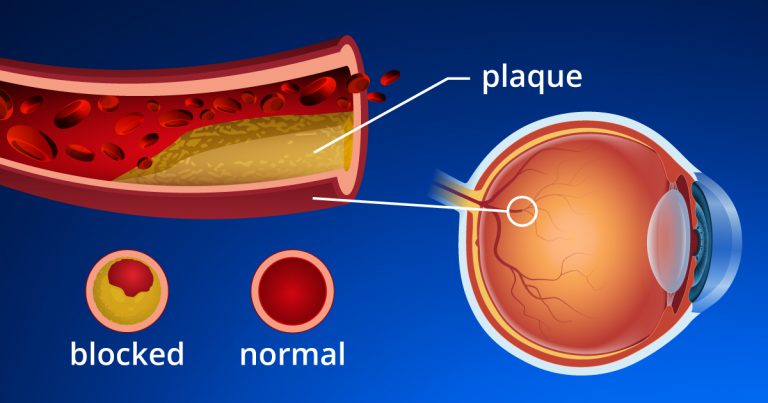
Top Eye Health Tips
Never use old make-up
We often see patients experiencing discomfort because they applied out-of-date eyeliner or makeup. Replace your make-up regularly and don’t use mascara or eyeliner that’s more than six months old. Sharing make-up and make-up brushes will also increase your susceptibility to eye infections.
Sit 50-60 cm away from your screen
Make sure you sit about 50-60 cm away from your computer screen and that there is no light reflecting off the monitor. Also your screen should be at or below eye level.
Take a break
If working for long periods in front of a monitor, try and take a break every 20 minutes to half an hour
Get some fresh air
Working in an air conditioned office or building can dry out your eyes even if you don’t wear contact lenses, making them uncomfortable and itchy but a little fresh air will help.
Get your eyes tested regularly
It’s important to have a regular, comprehensive eye test because optometrists can diagnose not just problems with sight, but major health issues too, such as high cholesterol, liver damage and many others.
Drink plenty of water
Try and drink lots of water – as well as being great for your skin it can improve the moisture balance in your eyes, especially in air conditioned offices.
Don’t rub your eyes
If you have something in your eye, don’t rub it. The best thing to do is lift the upper eyelid outward and gently pull it down to cover the lower lashes causing tears to wash the object out of your eye. Lens wearers should take them out and clean them thoroughly
Wear sunglasses
Sunglasses help keep your eyes healthy by protecting them from UV rays – not to mention being a must-have fashion accessory.
Keep a healthy diet
Eating certain foods rich in antioxidants can keep your eyes in good health such as oily fish, nuts and green leafy vegetables. Other foods that help maintain healthy eyes are those containing zinc like red meat or rye oats, as well as strawberries, kiwis and oranges which are foods high in vitamin C.
